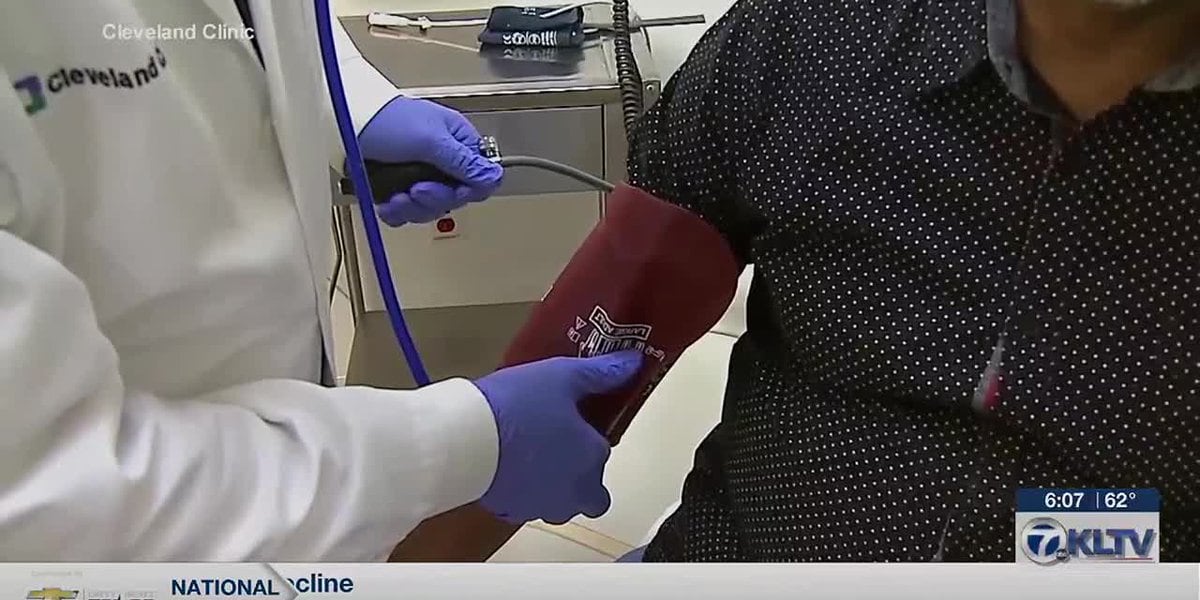Blood
WebXtra: Tyler cardiologist helps introduce new high blood pressure procedure to East Texas
TYLER, Texas (KLTV) – Cardiologist Dr. Frank Navetta is helping to research and perform a new minimally invasive procedure that could help lower high blood pressure. It is called Renal Denervation.
“Renal denervation is a procedure where we actually go inside the main kidney arteries with a catheter, which is a small tube that we place from the femoral artery in the groin, and once we get inside access to the artery, we have a catheter which delivers radio-frequency energy to the wall of the kidney artery,” he said. “Radio frequency energy is basically heat.”
The hope is that the disruption in the nerve impulses between the two organs can help manage a person’s blood pressure, however, it’s not a permanent solution.
Dr. Navetta said, “You will likely still need to take blood pressure medications at some point, but the thought is that if you’re having trouble achieving a goal blood pressure, this, on top of your baseline medication, may be able to bring you to a level where you will achieve the benefit of reducing risk.”
The procedure and catheter called a Spyral Catheter are expected to be FDA certified within the next year.
“This is not something that’s open for general population use right now. It’s being studied on protocol. We’re fortunate enough to have a research protocol that looks at this. It’s called the Spyral Affirm Trial, and we are, across the country, internationally, looking for somewhere between 750 and 1,000 patients to enroll,” he said.
Navetta says the high percentages of blood pressure in adults 18 or older across East Texas can be attributed to “the medications, first of all, they have to get the medications, which sometimes is a problem. Then, they have to take them as prescribed which is sometimes a problem.”
According to the CDC and numbers from the 2021 census, nearly 40% of people 18 and older in Smith County are hypertensive. In San Augustine County, it reaches nearly 50%, the highest in East Texas.
To be eligible for the study, you must be over 18 and have a blood pressure of 140 or higher.
“We feel fortunate to be able to bring this locally,” said Dr. Navetta. “The procedure is done on an out-patient basis. It does have some pain involved, so we have to sedate. Typically patients go home the same day, and then since they’re in a protocol, they’re followed at specified periods of time.”
Anyone who enrolls in the study and undergoes the procedure will be monitored for 60 months to track the success of the renal denervation.
Copyright 2023 KLTV. All rights reserved.

